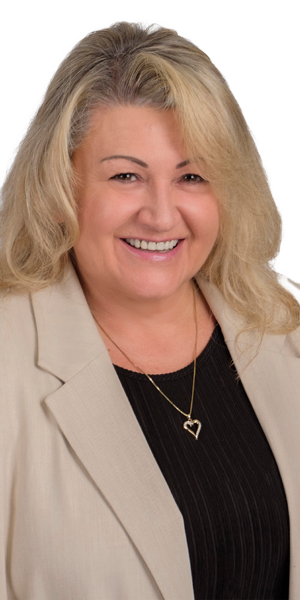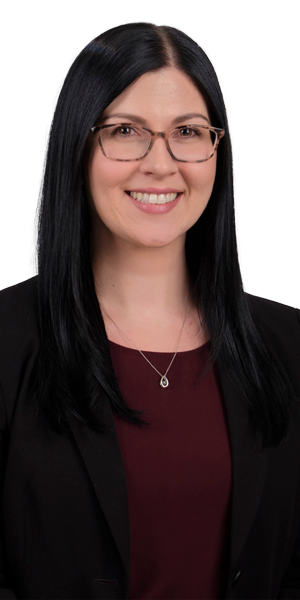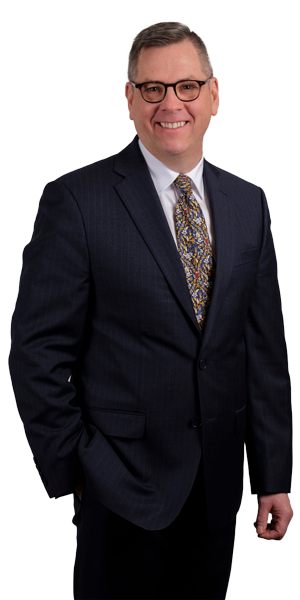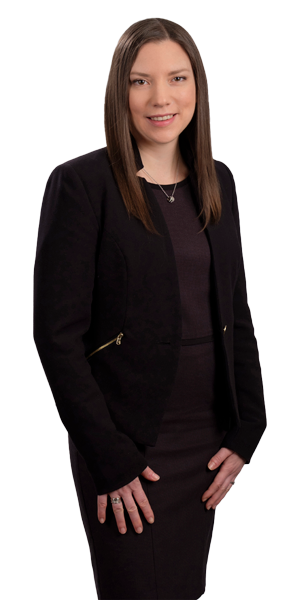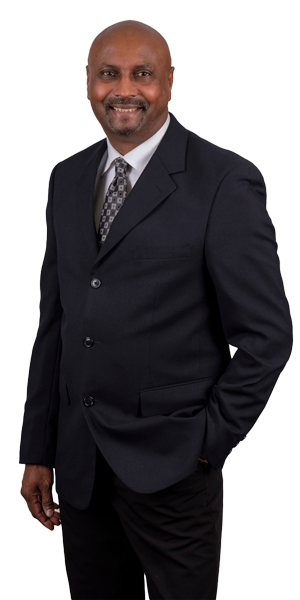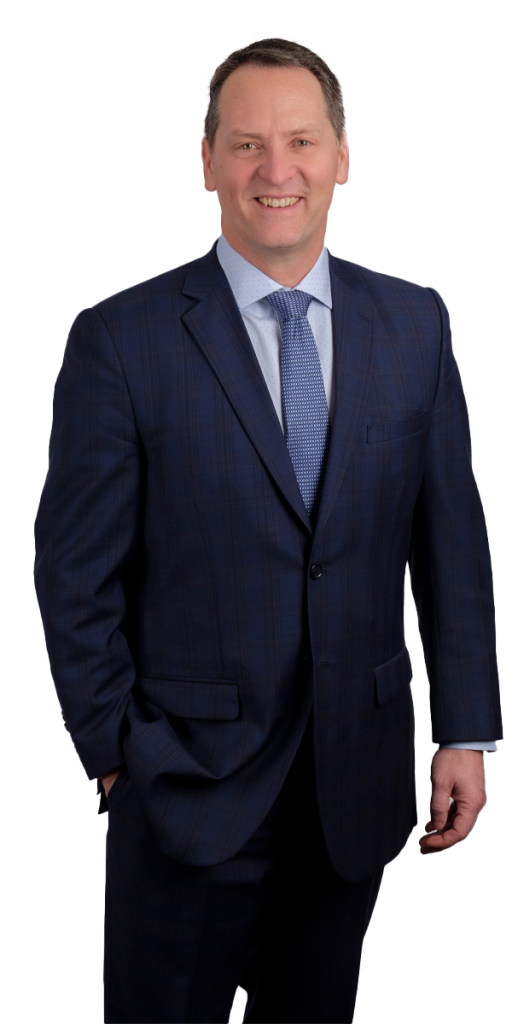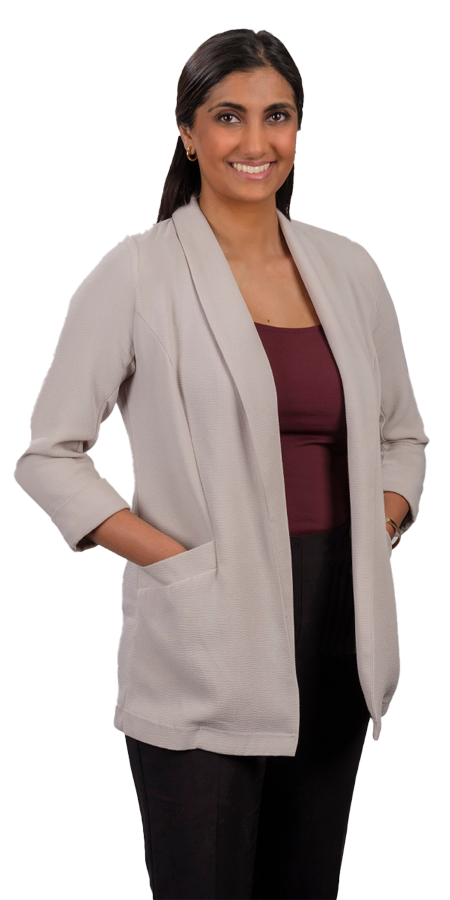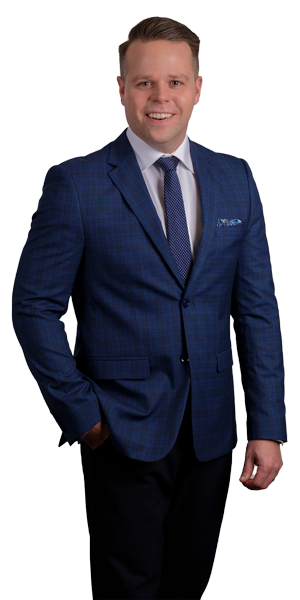Many of us have received a call from someone claiming to be from “Microsoft” offering to help fix a flaw with our computer, all they need is to access our computer. Others of us may have received an e-mail or a call from “CRA” saying we owe them tax money. These are scams and hopefully none of us have succumbed to either of these.
There are more subtle scams that are becoming harder to discern whether or not they are true. For example, we recently had a client receive a call from her “grandson” saying he was stuck in a remote town and that his car had broken down. The caller asked that she rush $5,000 to get the repairs done. His story was shrewd and convincing. He knew things about her grandson which made it believable. Fortunately, he slipped up in some facts and she was able to see through the fraud.
What can we do to avoid being scammed?
- Realize we are human and have natural tendencies which scammers exploit.
- If we are humble and realize that we can’t know everything and that we naturally react to situations in ways that can put us at risk for the scammer to take advantage.
- Set up a second set of eyes – Accountability.
- Call someone you trust to get their opinion. Your accountant, your financial planner, your family before moving money for an unusual demand from CRA or to buy gift cards. The list goes on.
- Take precautions. Ask the following questions of the situation:
- Was the call unexpected (phone, e-mail, mail)?
- Have they promised you something?
- Have they asked something from you (e.g. pay upfront to claim your prize)?
- Ask for their number so you can call them back. Then look up their registered number (if a business call – such as CRA) or cell phone (family member).
- Be aware of age bias.
- Whether we like it or not seniors are especially targeted. If you are over the age of 69 we would recommend asking a family member you trust for a second opinion of outside financial requests, charitable gifting calls, CRA additional tax requests, tech support scams, etc.
- There is research completed that purports that something changes in the brain of seniors that can make them more susceptible to scams. https://www.cnbc.com/2018/04/30/aging-brains-become-less-able-to-detect-fraud.html
- Whether we like it or not seniors are especially targeted. If you are over the age of 69 we would recommend asking a family member you trust for a second opinion of outside financial requests, charitable gifting calls, CRA additional tax requests, tech support scams, etc.
Summary:
Scams and Frauds can be complex and tricky to catch. Want to see how you would do spotting a scam? Here are some links to quizzes that test your abilities (no this isn’t a scam).
American Association of Retired Persons – https://www.aarp.org/money/scams-fraud/info-09-2011/is-it-scam-or-real-quiz-pubs.html#quest1
Canadian Government – https://www.competitionbureau.gc.ca/eic/site/cb-bc.nsf/eng/04251.html
UK Government – https://takefive-stopfraud.org.uk/takethetest/
(the UK Government’s Too smart to be scammed online quiz saw only 5670 out of 63,000 people score full marks.)









